Training & Placement
Bal Govind Patel Smarak Degree College offers a wide array of training programs designed to enhance the employability of its students. These programs cover crucial aspects such as communication skills, aptitude, technical know-how, and personality development. Expert trainers and industry professionals are often invited to conduct specialized workshops, providing students with real-world insights and preparing them for the challenges of the professional landscape.
Bal Govind Patel Smarak Degree College Training & Placement
Bal Govind Patel Smarak Degree College places a strong emphasis on training and placement activities to prepare students for their professional careers. The process begins with identifying the specific needs and requirements of various industries and sectors. The college conducts regular workshops, seminars, and training sessions to enhance students' skills and make them more employable. These sessions cover a wide range of topics, including resume writing, interview preparation, communication skills, and personality development. Additionally, the college invites industry experts and professionals to deliver guest lectures and share insights into the latest trends and practices in the job market.
Bal Govind Patel Smarak Degree College Training Needs Assessment
Conducting a comprehensive training needs assessment is crucial for identifying the specific areas where students require additional support and development. This assessment typically involves several steps:
Survey and Data Collection: The college may administer surveys or conduct interviews with students to gather information about their academic backgrounds, career aspirations, and perceived skill gaps. Additionally, feedback from faculty, industry professionals, and alumni may also be collected to gain insights into industry requirements and expectations.
Analysis and Evaluation: Once the data is collected, it is analyzed to identify common themes, patterns, and areas of concern. This analysis helps in understanding the specific training needs of different student cohorts and tailoring the training programs accordingly.
Setting Objectives: Based on the findings of the assessment, clear objectives are set for the training programs. These objectives should be specific, measurable, achievable, relevant, and time-bound (SMART) to ensure effectiveness.
Designing Training Programs: Training programs are designed to address the identified needs and objectives. This may include workshops, seminars, guest lectures, hands-on activities, and other experiential learning opportunities.
Bal Govind Patel Smarak Degree College Skill Enhancement Workshops
Skill enhancement workshops play a crucial role in equipping students with the essential employability skills required to succeed in today's competitive job market. These workshops are designed to focus on developing key competencies such as communication, problem-solving, teamwork, and leadership, which are highly valued by employers across industries. Through interactive sessions, hands-on activities, and real-world case studies, students have the opportunity to hone their skills and gain practical experience in applying them to diverse professional scenarios. By participating in these workshops, students not only enhance their individual capabilities but also learn to collaborate effectively with their peers, adapt to changing environments, and demonstrate leadership potential. Ultimately, skill enhancement workshops empower students to become confident, well-rounded professionals who are better prepared to meet the challenges of the modern workplace and excel in their chosen careers.
Bal Govind Patel Smarak Degree College Industry Interaction Sessions
Industry interaction sessions serve as valuable platforms for students to gain firsthand insights into the dynamics of various industries. By inviting industry experts and professionals to conduct interactive sessions, the college facilitates meaningful exchanges where students can learn about the latest trends, emerging technologies, and evolving job roles directly from practitioners in the field. These sessions also offer students the opportunity to network with industry professionals, seek mentorship, and explore potential career paths. Additionally, industry interaction sessions enable students to gain a deeper understanding of the practical applications of their academic knowledge and skills, bridging the gap between theory and practice. Overall, these sessions play a pivotal role in enhancing students' industry readiness and equipping them with the information and resources needed to make informed career decisions.
Bal Govind Patel Smarak Degree College Resume Building Workshops
Resume building workshops are an integral part of the career development initiatives at Bal Govind Patel Smarak Degree College. These workshops provide students with valuable guidance and insights into creating professional resumes and cover letters that effectively showcase their academic accomplishments, skills, and experiences. Through interactive sessions led by experienced professionals, students learn how to structure their resumes, highlight key achievements, and tailor their application materials to specific job opportunities. Additionally, they receive tips on incorporating relevant keywords, formatting their documents for readability, and presenting themselves in the best possible light to potential employers. By participating in these workshops, students gain practical skills that enhance their competitiveness in the job market and increase their chances of securing internships, part-time jobs, and full-time employment opportunities.
Bal Govind Patel Smarak Degree College Mock Interviews
1. Mock interview sessions are a crucial component of the career preparation efforts at Bal Govind Patel Smarak Degree College.
2. These sessions aim to simulate real-life interview experiences, providing students with a practical understanding of interview dynamics and expectations.
3. Industry professionals and faculty members conduct the mock interviews, offering students valuable insights and feedback on their performance.
4. Students have the opportunity to practice answering common interview questions, refine their communication skills, and learn how to effectively present themselves to potential employers.
5. Feedback from mock interviews helps students identify areas for improvement and develop strategies to enhance their interview performance.
6. Through repeated practice and constructive feedback, students gain confidence and readiness to excel in actual job interviews and internship selection processes.
Bal Govind Patel Smarak Degree College Aptitude and Technical Training
Bal Govind Patel Smarak Degree College places a strong emphasis on preparing students for the challenges of the job market through specialized training sessions focused on aptitude and technical skills. These sessions are designed to equip students with the necessary knowledge and strategies to excel in aptitude tests and technical interviews conducted by prospective employers during campus placements. By providing targeted instruction and practice opportunities, the college aims to enhance students' problem-solving abilities, analytical skills, and technical competencies, thereby increasing their employability and readiness for the demands of the professional world. Through these training initiatives, Bal Govind Patel Smarak Degree College empowers students to confidently navigate the recruitment process and secure rewarding career opportunities in their chosen fields.
Bal Govind Patel Smarak Degree College Soft Skills Development
1. Interpersonal Communication: Training sessions are conducted to improve students' ability to communicate effectively with peers, faculty, and professionals in various settings.
2. Presentation Skills: Workshops are organized to enhance students' ability to prepare and deliver effective presentations, including public speaking, visual aids usage, and audience engagement techniques.
3. Time Management: Students are trained in time management techniques to help them prioritize tasks, meet deadlines, and balance academic and extracurricular commitments effectively.
4. Professional Etiquette: Training programs focus on teaching students professional behavior, including workplace etiquette, email communication norms, and appropriate attire for different professional settings.
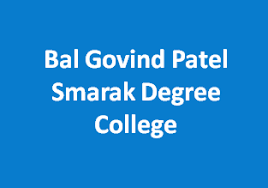
 Allahabad, Uttar Pradesh
Allahabad, Uttar Pradesh
 Collage
Collage
 2011
2011


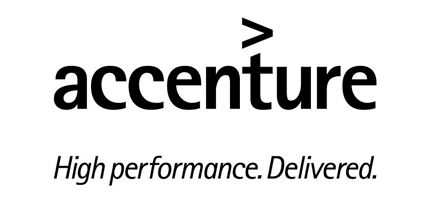

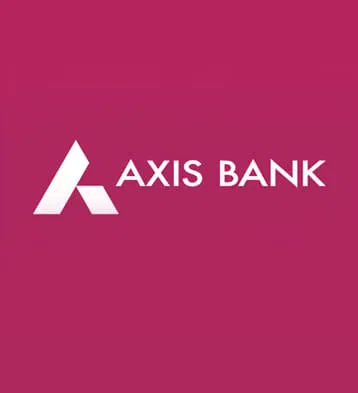
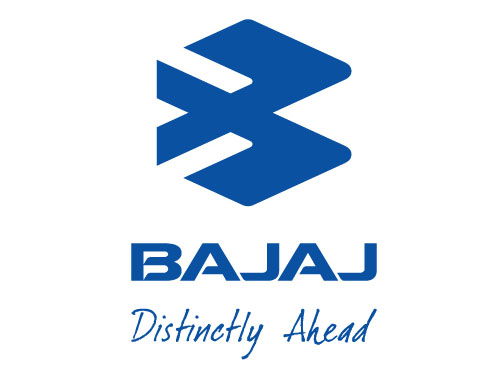
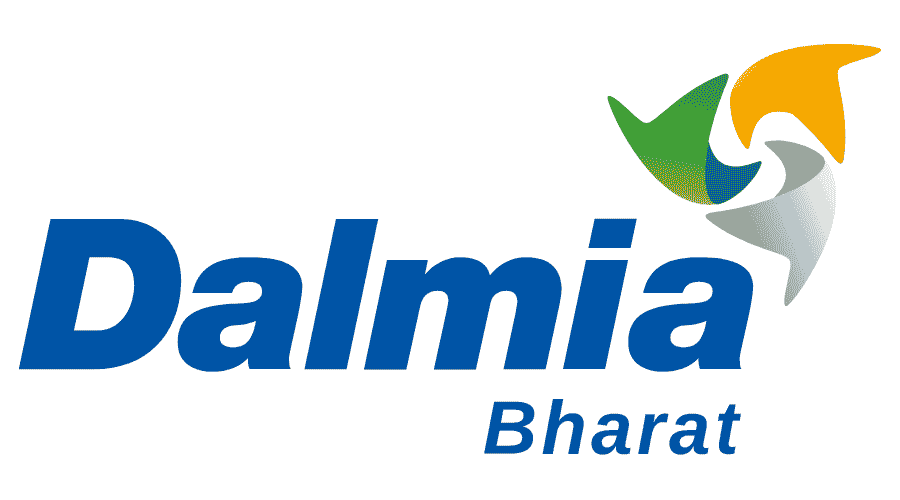


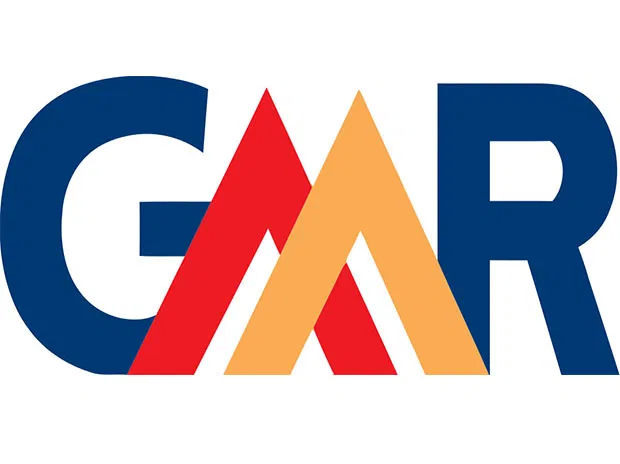
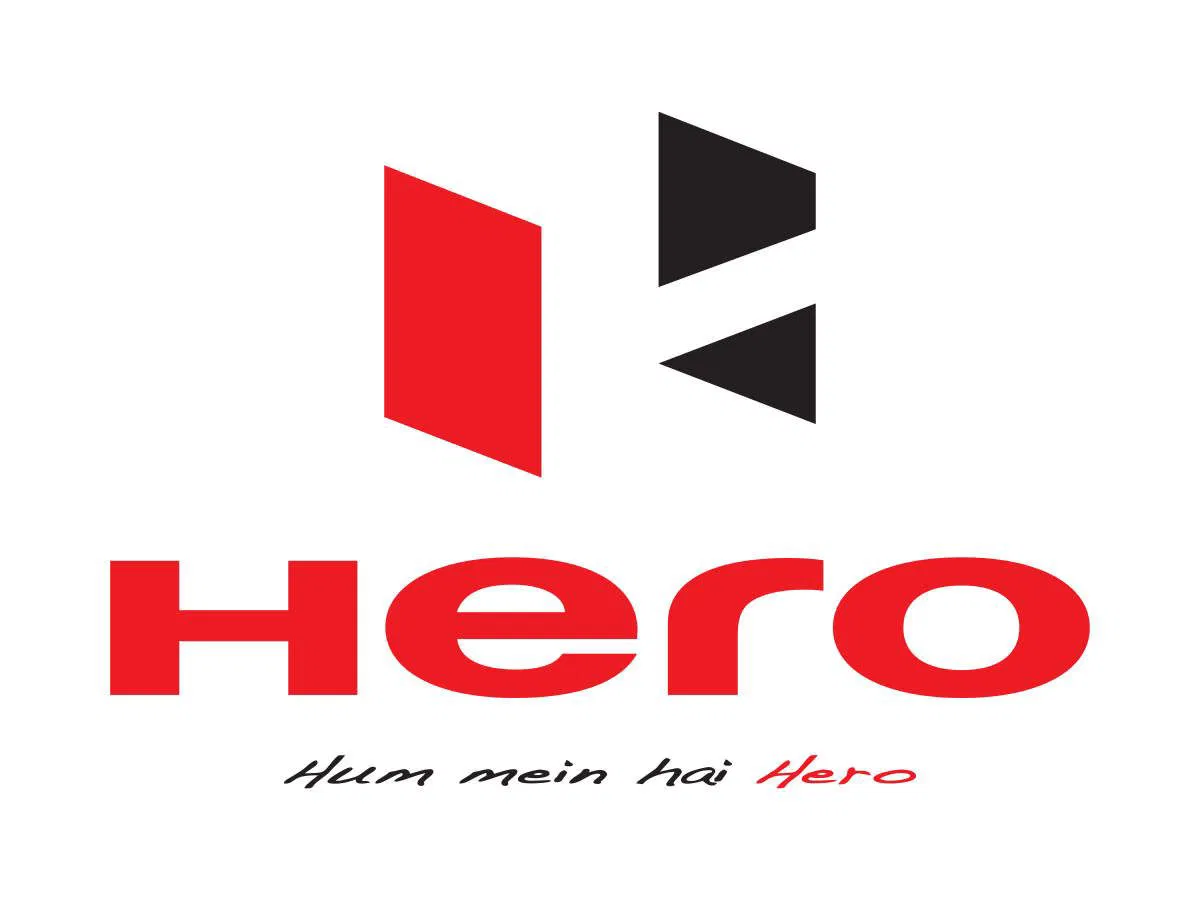
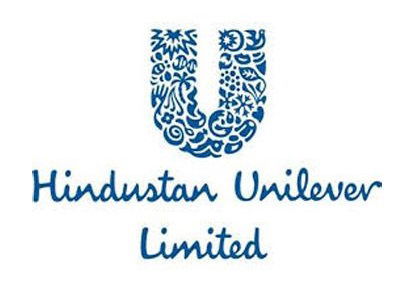




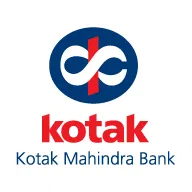
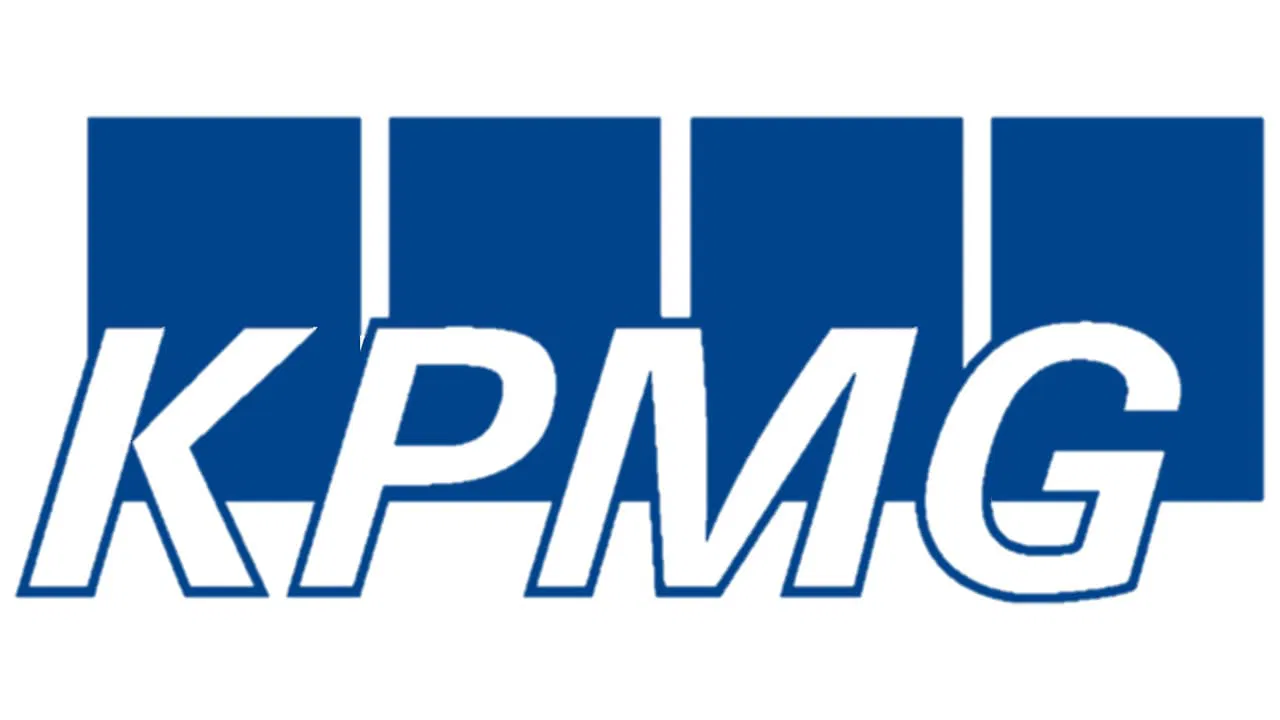


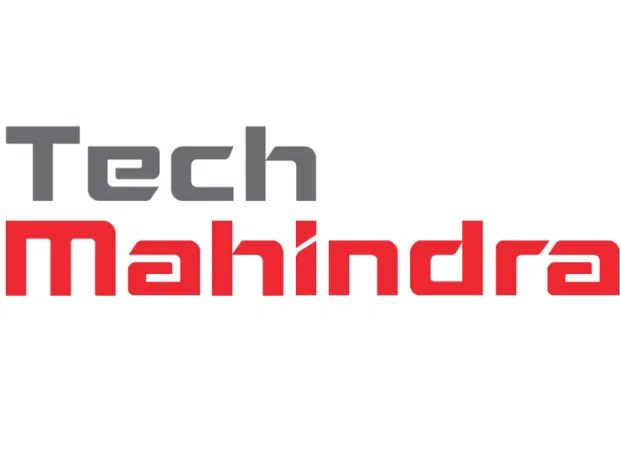

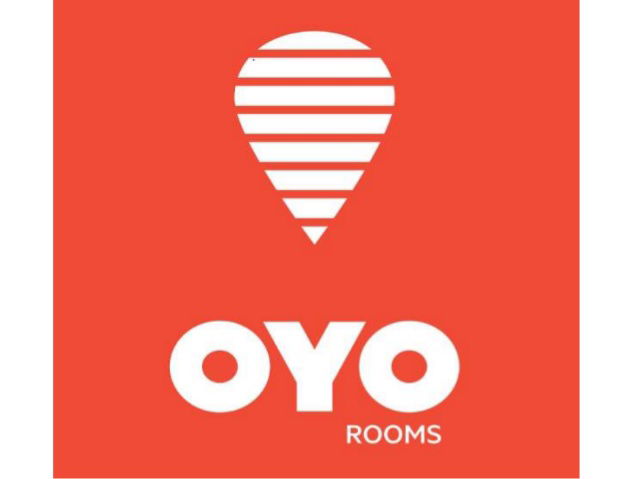


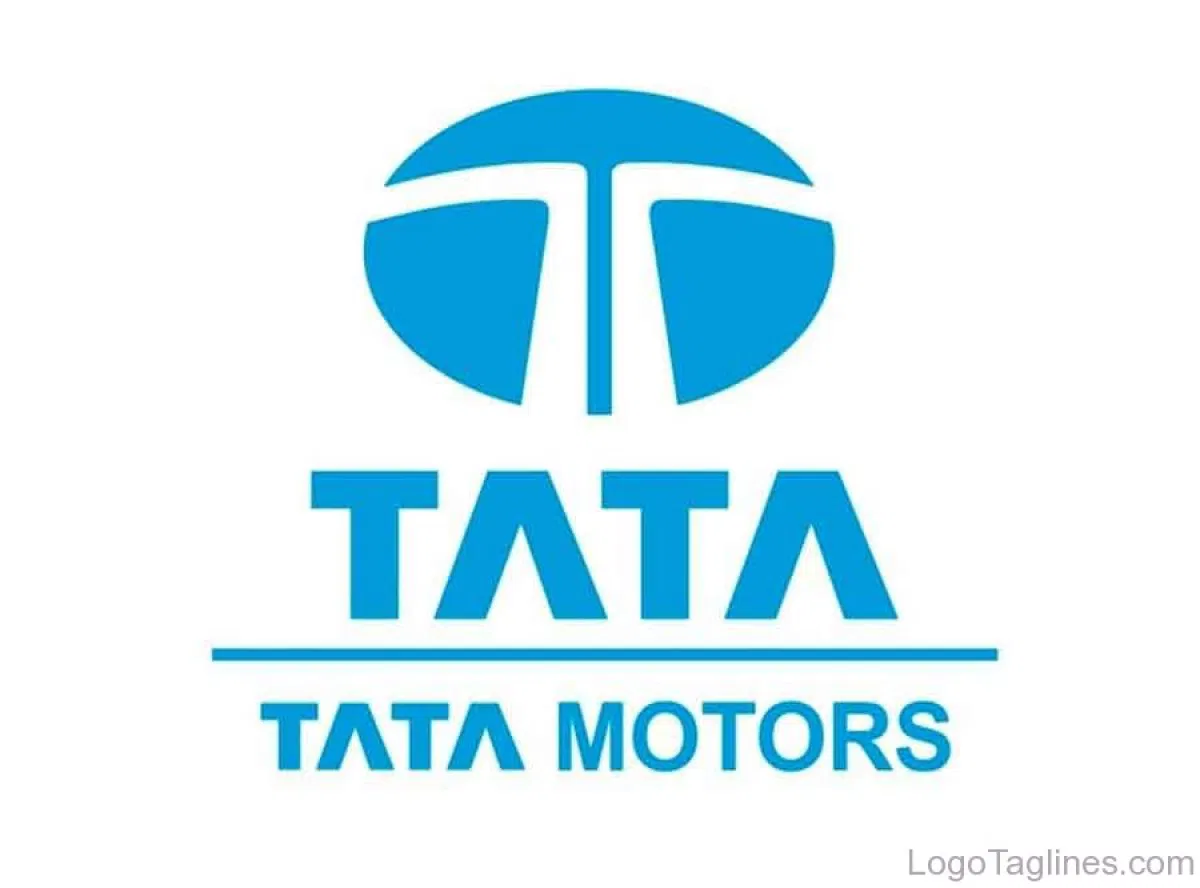
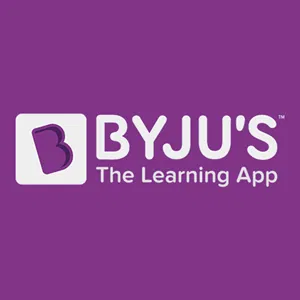


 back
back